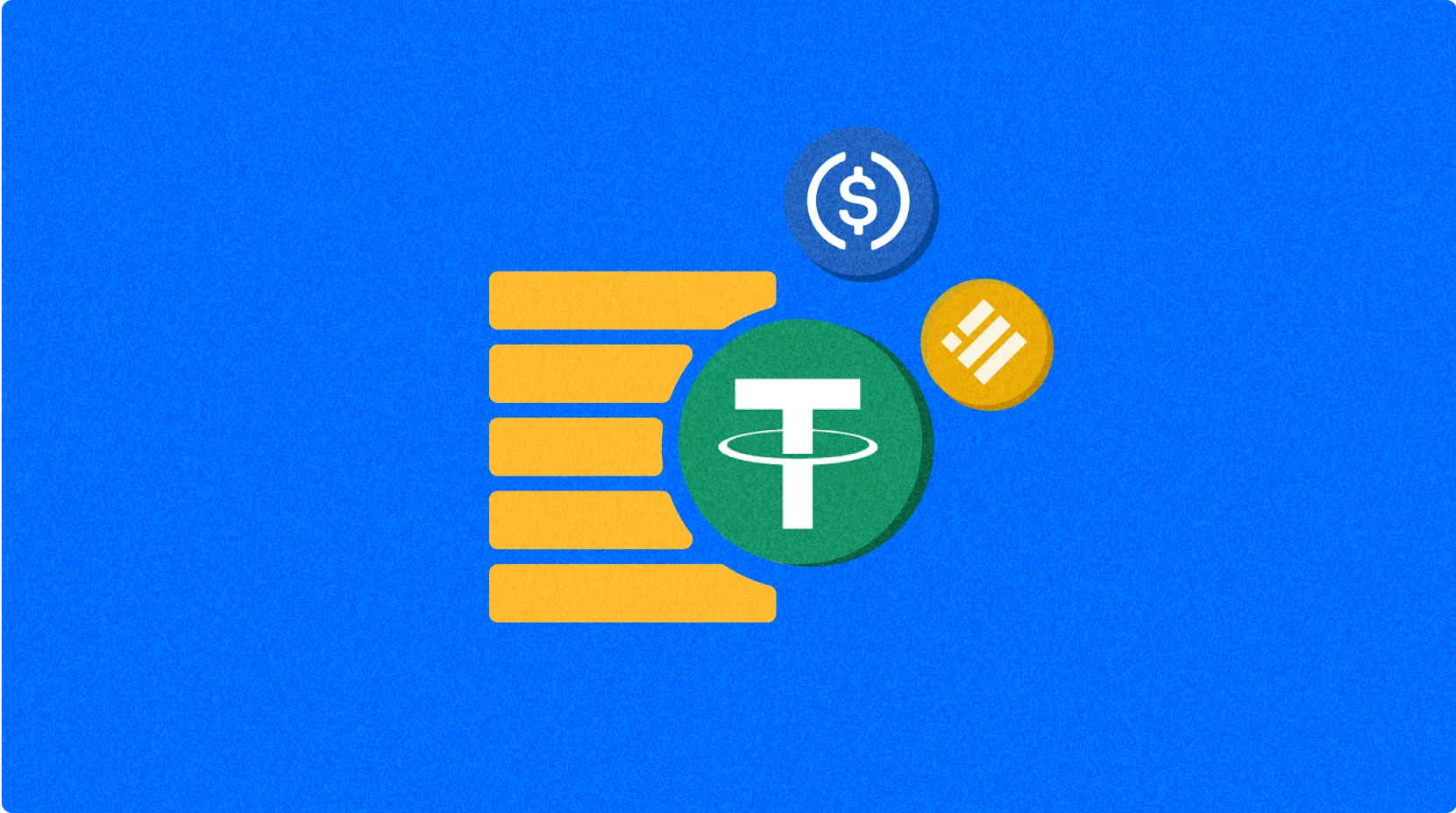QFS nedir

Kuantum Finans Sistemini Anlamak: Küresel Finans İçin Devrimci Bir Çerçeve
Kuantum Finansal Sistem (QFS), güvenli, verimli ve merkeziyetsiz bir finansal altyapı oluşturmak için kuantum hesaplama ve blockchain teknolojisinin gücünden yararlanarak küresel finansal sistemde bir paradigma kaymasını temsil eder. Bu devrim niteliğindeki çerçeve, geleneksel bankacılık sistemlerinin sınırlamalarını, kuantum mekaniğinin benzersiz özelliklerini kullanarak gidermeyi hedeflemektedir. QFS, gelişmiş kriptografi, gerçek zamanlı işlem işleme ve eşi benzeri görülmemiş hesaplama gücünü bir araya getirerek, finansal işlemlerin küresel ölçekte nasıl gerçekleştirildiğini yeniden tanımlamayı amaçlamaktadır.
Kuantum finansal sistemin açıklaması esasen karmaşık hesaplamalar yapmak ve veri iletimini güvence altına almak için kuantum mekaniği ilkelerine dayanmaktadır. Bilgiyi işlemek için bitler kullanan klasik bilgisayarların aksine, kuantum bilgisayarları çoklu durumlarda aynı anda var olabilen qubitleri kullanır. Bu özellik, süperpozisyon olarak bilinir ve kuantum bilgisayarlarının klasik karşıtlarına göre hesaplamaları katlanarak daha hızlı yapmasını sağlar. Finans bağlamında bu, yıldırım hızıyla işlem işleme, gelişmiş risk değerlendirmesi ve artırılmış dolandırıcılık tespit yeteneklerine dönüşmektedir.
Kuantum finansal sistemin en önemli avantajlarından biri, finansal işlemler için eşsiz bir güvenlik sağlama yeteneğidir. QFS'nin temel bileşeni olan kuantum kriptografi, kuantum dolanıklık ilkelerini kullanarak neredeyse kırılması imkânsız şifreleme protokolleri oluşturur. Bu güvenlik seviyesi, siber tehditlerin giderek daha sofistike hale geldiği bir dönemde kritik öneme sahiptir ve hassas finansal verilerin yetkisiz erişim ve manipülasyondan korunmasını sağlar.
QFS Teknolojisi, Bankacılığı Kuantum Bilgisayarlar ve Blockchain ile Nasıl Dönüştürüyor
Kuantum hesaplama ve blok zinciri teknolojisinin QFS'de entegrasyonu, bankacılık sistemlerinin evriminde önemli bir sıçrama olarak görülmektedir. QFS'nin nasıl çalıştığını anlamak için, bu iki öncü teknolojinin sinerjisini incelemek önemlidir. Kuantum hesaplama, büyük miktarda finansal veriyi gerçek zamanlı olarak işlemek için gerekli hesaplama gücünü sağlarken, blok zinciri teknolojisi işlemlerin şeffaflığını, değişmezliğini ve merkeziyetsizliğini garanti eder.
Pratik anlamda, QFS, sınır ötesi işlemlerin neredeyse anında gerçekleştirilmesini sağlar, aracılara olan ihtiyacı ortadan kaldırır ve ilgili maliyetleri azaltır. Bu, olağanüstü hız ve doğrulukla işlemleri doğrulayabilen ve işleyebilen kuantum destekli düğümlerden oluşan bir ağ aracılığıyla gerçekleştirilir. QFS'nin blok zinciri bileşeni, tüm işlemlerin değiştirilmesi imkânsız bir deftere kaydedilmesini sağlar ve finansal faaliyetlerin tam ve şeffaf bir geçmişini sunar.
Kuantum finansal sistem blockchain'i, önceden tanımlanmış koşullara sahip kendiliğinden yürütülen akıllı sözleşmeleri de tanıtır. Bu sözleşmeler, bir anlaşmanın müzakeresini veya yerine getirilmesini otomatik olarak kolaylaştırabilir, doğrulayabilir ve uygulayabilir, böylece finansal süreçleri daha da sadeleştirir ve insan hatası veya dolandırıcılık olasılığını azaltır. Sonuç olarak, geleneksel olarak önemli zaman ve kaynak gerektiren karmaşık finansal araçlar ve işlemler artık QFS çerçevesinde sorunsuz bir şekilde işlenebilir.
QFS vs Geleneksel Bankacılık: Üstün Güvenlik, Hız ve Merkeziyetsizlik
QFS'i geleneksel bankacılık sistemleri ile karşılaştırdığımızda, birkaç önemli avantaj belirgin hale gelir. Aşağıdaki tablo, bu iki mali altyapı yaklaşımı arasındaki belirgin farkları göstermektedir:
| Özellik | Kuantum Finansal Sistemi | Geleneksel Bankacılık |
|---|---|---|
| İşlem Hızı | Neredeyse anında | Saatlerden günlere |
| Güvenlik | Kuantum şifreleme | Standart şifreleme |
| Merkeziyetsizlik | Tamamen merkeziyetsiz | Merkezi |
| Maliyet Verimliliği | Minimal ücretler | Yüksek işlem maliyetleri |
| Şeffaflık | Tamamlanmış işlem geçmişi | Sınırlı görünürlük |
| Ölçeklenebilirlik | Son derece ölçeklenebilir | Fiziksel altyapı ile sınırlı |
QFS'nin sunduğu üstün güvenlik, hız ve merkeziyetsizlik, geleneksel bankacılık sistemlerini etkileyen birçok köklü sorunu ele alıyor. Aracıları ortadan kaldırarak ve kuantum şifrelemesini kullanarak, QFS dolandırıcılık ve veri ihlali riskini önemli ölçüde azaltıyor. Ayrıca, sistemin merkeziyetsiz doğası, tek bir arıza noktasının tüm ağı tehlikeye atmasını engelleyerek genel dayanıklılığı ve güvenilirliği artırıyor.
QFS Benimsemenin ve Gerçek Dünya Uygulamasının Mevcut Durumu
Kuantum Finans Sistemi'nin potansiyeli muazzam olsa da, yaygın benimsenmesi ve gerçek dünya uygulamaları hâlâ erken aşamalardadır. QFS benimseme zaman çizelgesi, teknolojik hazırlık, düzenleyici çerçeveler ve kurumsal kabul gibi çeşitli faktörlere tabidir. Ancak, son yıllarda birkaç büyük finans kurumu ve teknoloji şirketinin kuantum hesaplama araştırma ve geliştirmeye ağır yatırımlar yapmasıyla önemli ilerlemeler kaydedilmiştir.
2025 itibarıyla, birkaç pilot proje ve kanıt-of-concept gösterimi QFS teknolojisinin uygulanabilirliğini sergiledi. Örneğin, uluslararası bankalardan oluşan bir konsorsiyum, bir prototip QFS kullanarak bir dizi sınır ötesi işlem gerçekleştirdi ve bu işlemler geleneksel sistemlere göre 100 kat daha hızlı işlem süreleri ile neredeyse sıfır ücretle gerçekleşti. Bu gerçek dünya testi, finansal düzenleyiciler ve politika yapıcılar arasında artan bir ilgi uyandırdı; bu kişiler şimdi kuantum finansal teknolojilerin kullanımını yönetmek için çerçeveler geliştirmek üzere aktif olarak çalışıyor.
QFS'nin mevcut finansal altyapı ile entegrasyonu hem zorluklar hem de fırsatlar sunmaktadır. Tamamen kuantum destekli bir finansal sisteme geçişin birkaç yıl daha alması muhtemelken, QFS teknolojilerinin kısmi benimsenmesi zaten başlamıştır. Finansal kuruluşlar, güvenlik protokollerine yavaş yavaş kuantum dirençli kriptografi entegre etmektedir, kuantumun egemen olduğu bir alana geçiş için hazırlık yapmaktadırlar.
QFS'in evrilmeye devam etmesiyle birlikte, gibi platformlarKapıkripto para ticareti ve blok zincir tabanlı finansal hizmetlerdeki potansiyel uygulamalarını keşfetmenin öncüsü konumundadır. Kuantum bilişim yeteneklerinden yararlanarak, Gate kullanıcılarına geliştirilmiş güvenlik, daha hızlı işlem işleme ve daha sofistike ticaret algoritmaları sunmayı hedefliyor ve kendisini ortaya çıkan kuantum destekli finansal ekosistemde bir lider olarak konumlandırıyor.

XZXX: 2025'te BRC-20 Meme Token'a Kapsamlı Bir Rehber

2025 Katman-2 Çözümü: Ethereum Ölçeklenebilirliği ve Web3 Performans Optimizasyon Rehberi

AIC'nin BNB Akıllı Zincirinde hangi özel uygulamaları var?

DeFi Cüzdan Nedir: 2025 İçin En İyi Seçenek ve Kullanım Rehberi

Stellar nedir ve 2025'te nasıl çalışacak?

Haedal Protokolü (HAEDAL): Web3 Blok Zinciri Teknolojisinin Yükselen Gücü

Kripto dünyasında İşlem Kimliğinin Anlamı

Kripto Sektöründe SPWN Ne İfade Eder?

Sei ve Xiaomi, 2026’da piyasaya sürülecek yeni akıllı telefonlara kripto cüzdanlarını önceden yüklemek üzere ortaklık kurdu

Gemini, CFTC’den onay aldı; bu gelişme kripto tahmin piyasaları açısından ne ifade ediyor

State Street & Galaxy, 2026'da Solana tabanlı tokenlaştırılmış likidite fonu SWEEP'i piyasaya sunacak





